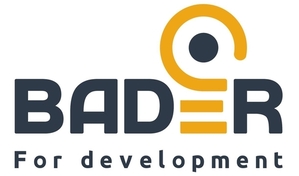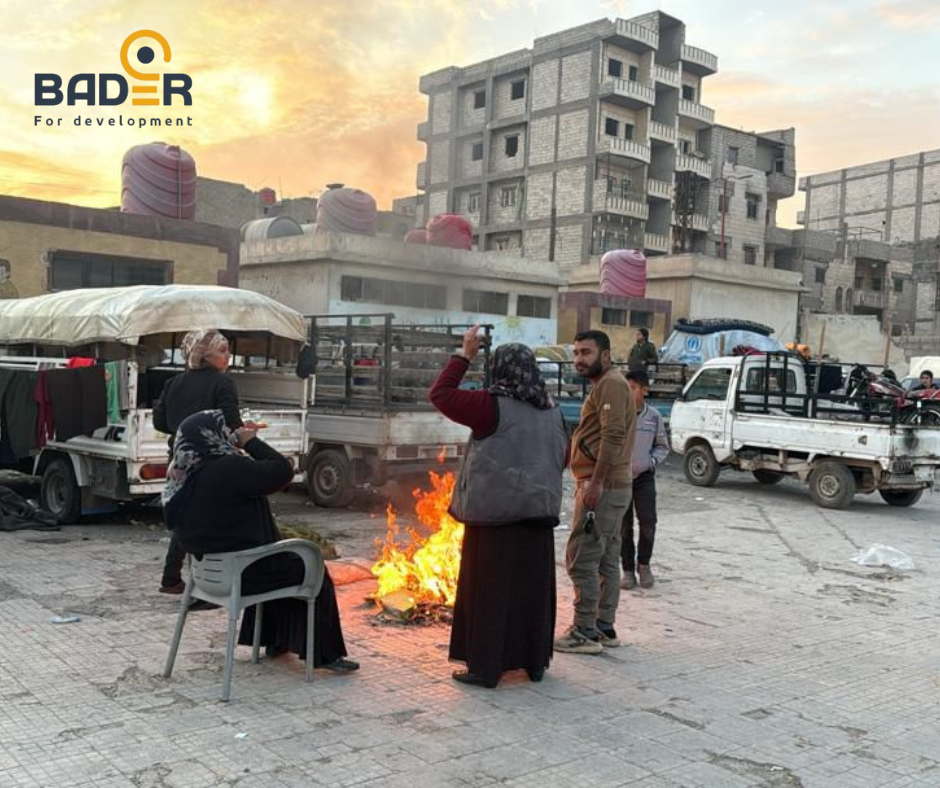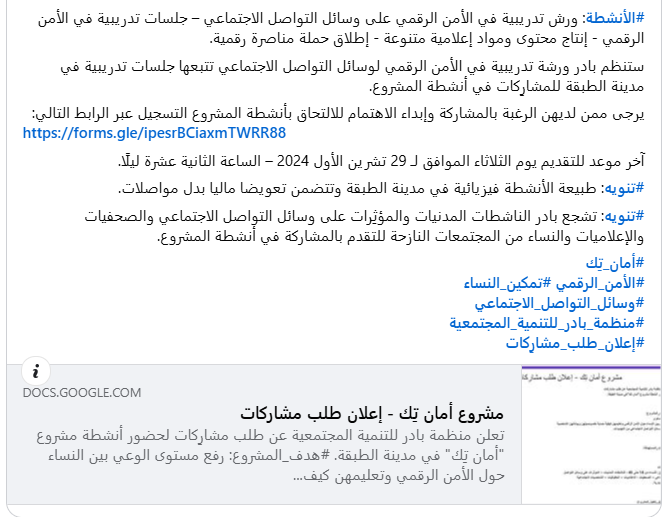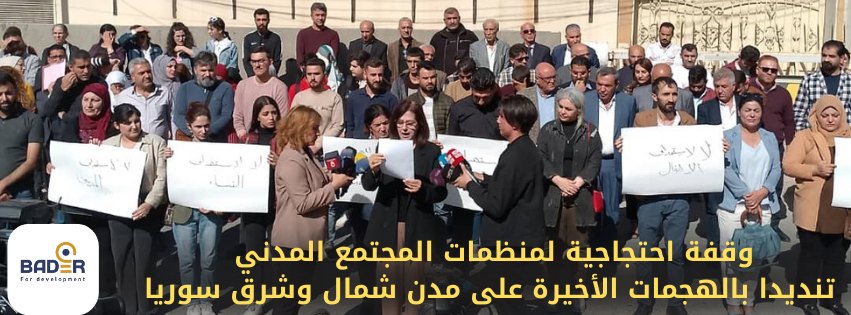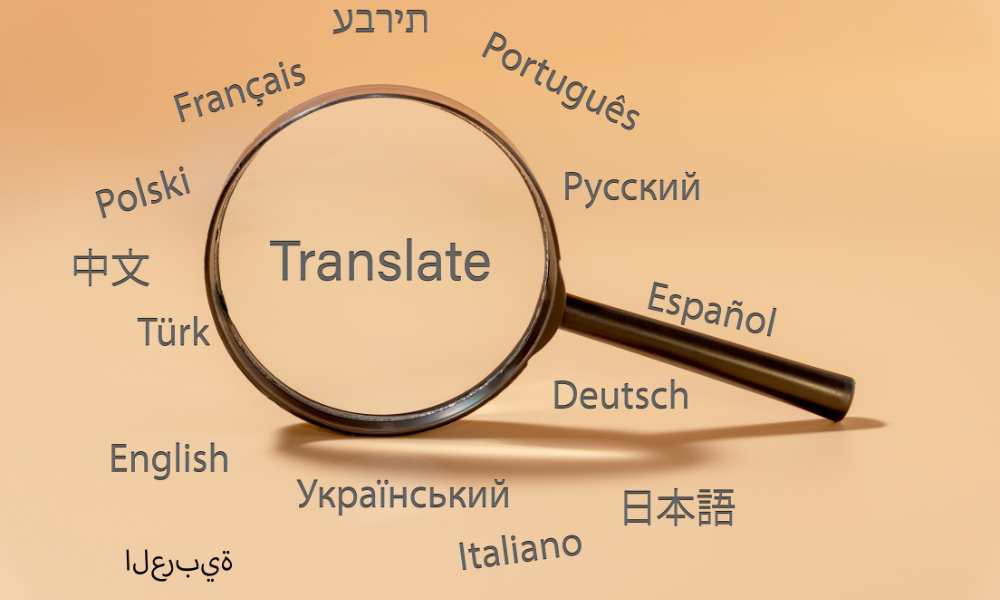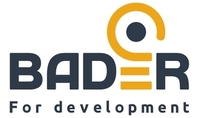Report: Kurdish Women and Civilians in Northern Syria Under Forced Displacement and Human Rights Violations
Introduction: An Escalating Humanitarian Crisis
As military operations continue in northern Syria, Kurdish civilians, particularly women, face an escalating humanitarian crisis in areas such as Shahba and the northern countryside of Aleppo. The “Operation Dawn of Freedom,” launched by the “Syrian National Army,” has forcibly displaced over 120,000 people, most of whom are Kurds. This operation has also been accompanied by severe violations of human rights, affecting the most vulnerable populations. This report sheds light on the documented abuses, focusing on the plight of displaced women and civilians who bear the heaviest burden of this crisis.
Human Rights Violations: Kurdish Women and Civilians at Risk
1. Violations Against Displaced Women
Displaced Kurdish women have endured extreme hardships during their forced displacement, ranging from inadequate healthcare to physical violence:
•Childbirth in Dire Conditions
Many displaced women have been forced to give birth on roadsides and pavements during their escape, with no access to medical care. Newborns have succumbed to freezing temperatures due to the lack of adequate shelter or medical assistance.
•Humiliation and Abuse
Women have faced degrading treatment at checkpoints, including invasive and dehumanizing searches. Reports document instances of physical and psychological abuse, with women subjected to theft of personal belongings and intimidation during their journeys.
•Absence of Reproductive Health Services
In displacement shelters, there is a near-total lack of reproductive health services. Pregnant and breastfeeding women are left without medical care, while basic necessities such as sanitary pads are unavailable. Women also lack private, safe spaces within camps.
2. Violations Against Kurdish Civilians
Kurdish civilians have been targeted with acts of violence, arbitrary detention, and property theft:
•Extrajudicial Executions
On December 2, 2024, the Syrian National Army executed Amina Hanan, a 40-year-old Kurdish woman with disabilities, during a raid on her home in Tal Rifaat.
•Arbitrary Arrests and Detentions
Civilians who refused to evacuate their homes were arbitrarily detained. Over 50 Kurds returning to Afrin have been detained, with their fate remaining unknown.
•Looting and Property Seizure
Checkpoints controlled by the Syrian National Army have become sites of systematic looting, with civilians forced to hand over money and personal belongings. Kurdish villagers have also been forcibly removed from their homes, which were then confiscated for military use or to house fighters.
•Escalating Threats and Torture
Video evidence has emerged showing the torture of Kurdish detainees, along with inflammatory rhetoric inciting violence against Kurdish civilians.
3. Impact on Children
The crisis has disproportionately affected children, with many dying due to inadequate living conditions:
•Child Mortality
Harsh winter conditions and a lack of heating in shelters have led to the deaths of numerous infants. The absence of nutritional and medical services has further exacerbated the suffering of children.
Mass Displacement: Scale and Details
The ongoing military operations have resulted in large-scale displacement:
•Number of Displaced Persons
Over 120,000 people, primarily Kurds, have been forced to flee their homes.
•Displacement Locations
Approximately 40,000–50,000 displaced individuals have reached Tabqa and Raqqa, where they live in makeshift shelters that lack basic necessities. Hundreds of families have sought refuge in Sheikh Maqsoud and Ashrafieh neighborhoods in Aleppo, despite the absence of essential services. Meanwhile, around 250 families have returned to Afrin, despite the dangers of retaliation and ongoing violations.
•Evacuation Challenges
Tens of thousands remain stranded in villages in Shahba. Evacuation convoys are working under difficult circumstances to relocate these civilians to safer areas.
Urgent Needs and Recommendations
The crisis demands immediate action to address the basic needs of displaced populations and ensure their protection:
1.Healthcare Services
•Establish mobile clinics to provide reproductive healthcare for pregnant and breastfeeding women.
•Supply essential items such as sanitary pads and basic hygiene products for women.
2.Improved Shelter Conditions
•Provide cold-resistant tents and heating supplies, including blankets and stoves.
•Create safe, private spaces for women in shelter centers.
3.Food Aid
•Distribute nutritional packages for mothers and children, including powdered milk and essential supplements.
4.Civilian Protection
•Implement monitoring mechanisms to protect women and children from violations.
•Provide psychological and social support services for displaced populations.
5.Accountability for Violations
•Investigate all crimes against Kurdish civilians and ensure that perpetrators are held accountable.
Call for International Action
The suffering of Kurdish civilians in northern Syria, particularly women and children, requires urgent international intervention. Bader Development Organization calls on the international community to:
•Protect civilians from ongoing violations.
•Provide immediate humanitarian aid to alleviate suffering.
•Ensure justice and accountability for the perpetrators of crimes.
Conclusion
This escalating crisis serves as a stark reminder of the international community’s responsibility to uphold human rights and protect vulnerable populations. Safeguarding the dignity and rights of displaced Kurdish women and civilians is a moral and collective obligation that cannot be ignored.
Bader Development Organization
Be the voice for the voiceless.
